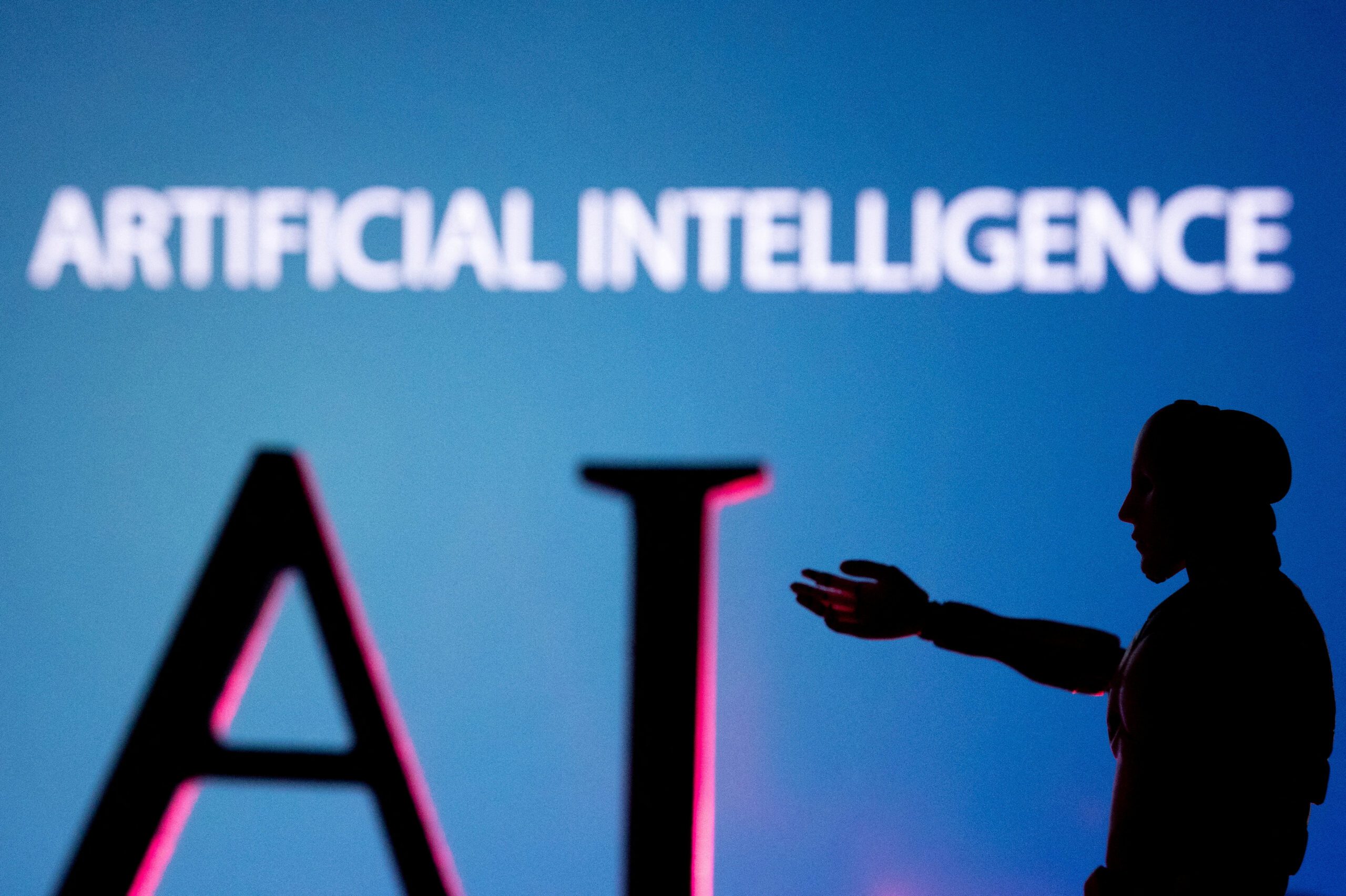At Reuters, we believe the latest artificial intelligence (AI) technology, including generative AI, offers many opportunities for both how we report the news and how we distribute it. In that, we are staying true to our approach over more than 170 years: advancing the use of new technologies to deliver trusted news.
As we continue to innovate and experiment with cutting-edge AI technologies to enrich our content and delivery, we are taking a responsible approach that safeguards accuracy and fosters trust. Generative AI offers exciting opportunities to enhance how we report and deliver the news, but it needs to be implemented in a manner that ensures that Reuters always remains accurate and impartial.
Here's how Reuters utilizes AI, machine learning (ML) and natural language processing (NLP) today, always with a commitment to maintaining the ethics and standards of our Trust Principles.
Newsroom and reporting
Since our founding, Reuters has pioneered new tools and methods to disseminate information first and fast, while always maintaining accuracy and impartiality - from carrier pigeons in 1850, the telegraph in 1863 and the internet in the 1990s.
Serving financial professionals-now via Reuters largest customer, LSEG-has been a critical focus for Reuters for many years. We developed the first entirely automated news alerts in the 1990s and now publish more than 1,000 pieces of economic data a month without human intervention while maintaining regular human oversight. We have also been auto-alerting company results for 15 years. Both of these advancements deliver speed and scale to the benefit of our financial audience.
To deliver financial data and economic indicators, we use a fast and scalable ML and NLP solution that extracts insight from financial news and generates alerts on company earnings, management changes, earnings forecasts, brokers' research and share prices. Our acquisition of PLX AI in 2022 has helped us bolster these capabilities. Reuters also utilizes NLP to produce economic indicator alerts from government sources. This technology for data retrieval and publishing gives Reuters a distinct advantage over other news organizations.
We also use website watchers that wait for a number or a segment of text to appear and immediately publish them to our clients and journalists to enhance our speed capabilities. These real-time alerts allow our customers and journalists have the most up-to-the-minute information, while also at a larger scale than could be done without this technology.
Teams working in languages other than English routinely use machine-assisted AI to provide first-pass translations, as well as using AI to translate documents in any language for our journalists.
Lynx Insight, a proprietary news generation tool that Reuters developed in 2018, automatically generates short stories based on various data sets, including LSEG data, that are reviewed by humans before publishing. This allows us to speed up alerts, uncover breaking news, provide more analysis and collaborate. Lynx Insight also produces alerts and "triggers" for Reuters journalists on interesting stock and index moves that they otherwise miss.
Enhancing the customer experience
Reuters utilizes multiple tools to ensure customers and readers can find the stories and information they are searching for.
A new AI tool performs real time processing of raw and packaged video to extract insights. The tool generates automated transcripts, shotlisting within videos and translations using Reuters-trained ML services, providing customers with greater discoverability and the ability to create multimedia packages more quickly.
We use a metadata classification engine to ensure our content is easily discoverable for our customers.
NewsPlus is a content recommendation and analytics engine that delivers targeted, highly relevant news to LSEG and Thomson Reuters legal solutions customers. It uses state of the art recommendation engine technology developed by Thomson Reuters and data from multiple sources to significantly enhance the customer experience for users of Thomson Reuters products.
New use cases for AI
As we look at how the latest AI technology can enrich our content and delivery, Reuters is focused on how we can help our customers derive the most value from our work, including better search and discovery, improved notifications, simplified workflows and validation services. We are also exploring ways that AI can improve how our business operates, including customer support, advanced analytics and advertising operations.
As we innovate and implement new tools, expect to hear more about our learnings, challenges and opportunities. Generative AI offers exciting opportunities to enhance how we report and deliver the news, but it needs to be implemented in a responsible way to ensure Reuters coverage always remains accurate and impartial. At a time when it will be increasingly difficult to assess what is accurate and real, you can rely on Reuters to deliver factual news and information.
Check back for updates as we explore and embrace the latest advancements and how we can responsibly integrate those into our organization.
Media contact:
Heather Carpenter
Heather.Carpenter @ TR.com



